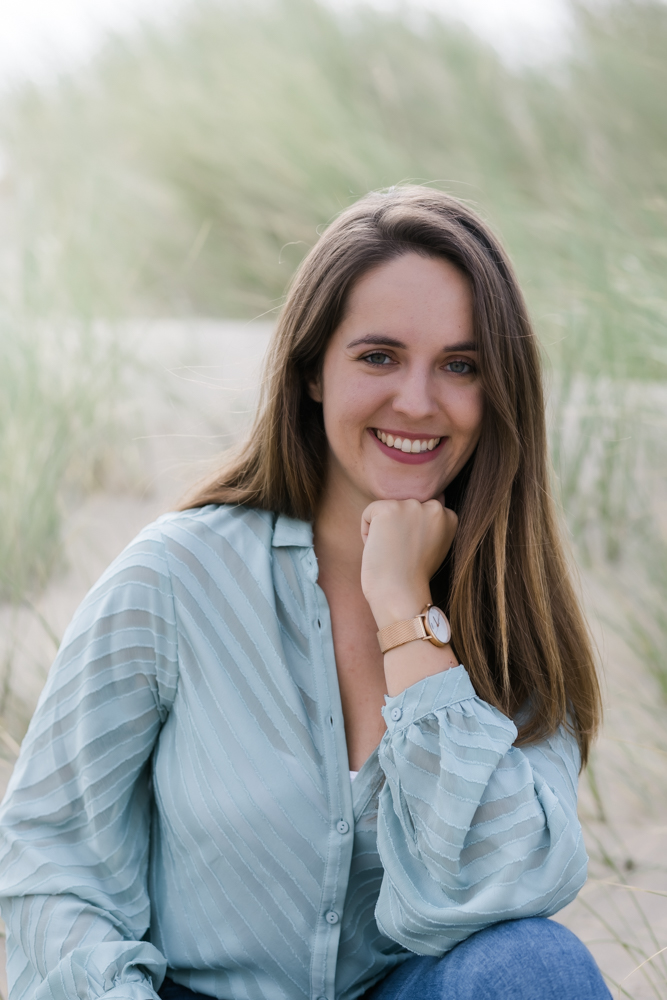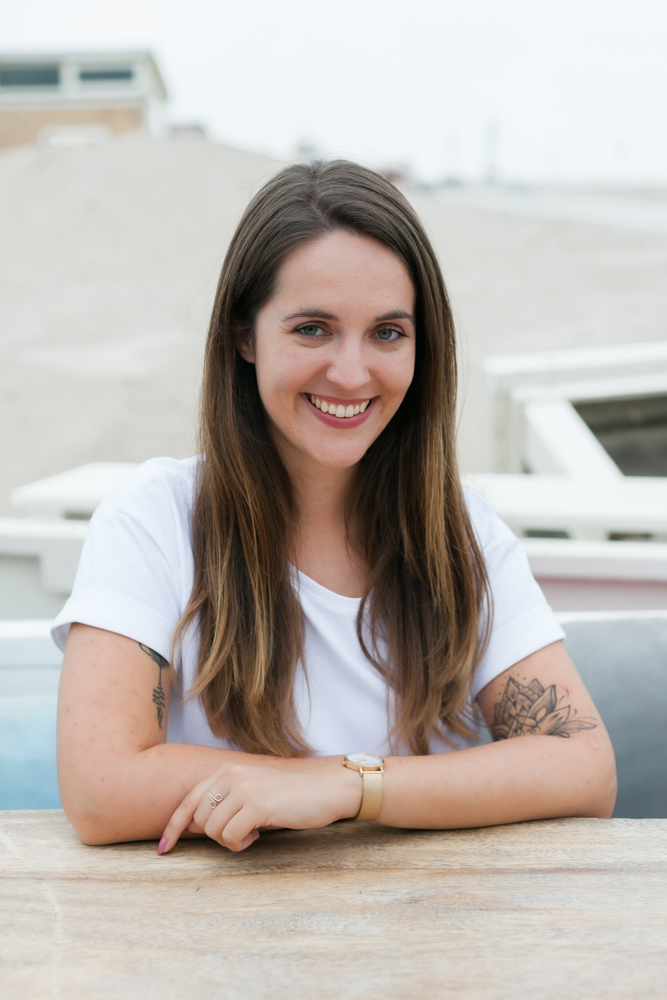If you’ve been following me for any amount of time, you know how important I think podcast strategy is to your overall success. Over half of the episodes I’ve created for The Podcast Babes Podcast have focused on strategy.
This is why I loved having Melissa Ronda on the show yesterday. She has never had a strategy for her show and she is currently a top 15 weight loss podcaster. Our chat really got me thinking about how to find your perfect podcast format, using her method of going with the flow and seeing what works best instead of planning everything out.
Today I want to talk about how you can find the perfect show format for your podcast without needing a structured strategy. Let’s dive in!
Links
Book a FREE 15 minute strategy session
Visit thepodcastbabes.com for more info
Follow @thepodcastbabes on Instagram
Follow @thepodcastbabes on Facebook
Messy action is better than no action
Doing anything new is uncomfortable, no matter how excited you are to be doing it. Podcasting is no different. There’s a lot to consider when starting a podcast. All the decisions you need to make can be overwhelming, especially if it’s your very first podcast. That’s why I believe it’s important to start where you are most comfortable so that you don’t get paralyzed in the decision-making process. After all, messy action is better than no action.
If you haven’t listened to the interview I had with Melissa yesterday, go do that first because then you understand exactly what I’m talking about. When it comes to podcasting, she and I see some things differently. It’s not that we necessarily disagree, but that we have different styles. It’s so important to see that there is not just one right way to do it because she has a really successful podcast.
The types of show formats for your podcast
The main types of show formats are either solo or interview episodes. They are very different and which one is best will likely be determined by the goals for your show and your audience. The benefit of solo episodes is that you can share all of your knowledge and position yourself as the expert to your audience. This is great in helping to convert listeners into clients.
With guest interviews, you can give your audience new perspectives and knowledge sources. It could also prove to be more entertaining to your audience if you have guests that interview well. An additional benefit to having guests on is to increase your exposure to their audience because hopefully they’ll share the episode with their followers.
If you don’t want to do interviews but you also don’t necessarily want to do solo episodes, you can consider having a cohost. This can work well for people who like to have conversations but aren’t thrilled about interviewing virtual strangers. If you’re wanting more tips on how to find the right cohost for your show, take a listen to my interview with Brandi Sea from last season. She shares how she found both of her cohosts and what you need to think about when searching for that perfect fit.
The last show format to consider is a panel discussion. Instead of having one guest, you can have three or four guests on your show that can provide a lot of opinions and perspectives to your audience. I’m actually considering this for my next season as I think my audience would find this really valuable.
How I got out of my comfort zone to start this podcast
When I began this podcast, I started where I was most comfortable. I was not in my comfort zone because I wasn’t comfortable at all, but it is where I was the least uncomfortable. For me, that meant starting with solo episodes. I didn’t have to coordinate schedules or figure out what topic my guest and I both wanted to discuss. I could just turn on my computer, plug in a microphone, and start recording whatever I felt was important to share.
However, I really like listening to interviews and I wanted to give that a try. I started with interviewing two of my clients. I already knew them and I was comfortable talking with them. So again, this was the most comfortable way for me to get started with interviews. Those first two interviews went quite well, so that gave me a bit of a confidence boost and I started reaching out to people I admire on Instagram. I reached out, told them I liked their story, and then would develop a little bit of a relationship. Once I felt that the vibe was right, I invited them to be on my show and most of them said yes.
Experimenting with your podcast format
It’s important to know, in the process of finding your perfect podcast format, you can make changes and experiment. For example, I really like the format that I have at the moment, which is 50/50 interviews vs episodes. I’m keeping my eye on the stats, though. It’s still early on and I can’t draw any conclusions just yet, but so far, the solo episodes are performing better. This isn’t necessarily a problem, but it is something to consider when preparing for season 3.
When you are experimenting with your podcast, don’t focus too much on what you like but rather what your audience responds to. At the end of this season, if the trend continues that the solo episodes perform better, then I know that’s what my audience prefers because I promote all of my episodes the same way.
Experimenting with post-production
As you’re playing around with your show format and figuring out what works best for your podcast and your audience, you may want to consider experimenting with post-production. If you batch record like I do, does it work better for you to edit all of those episodes on one day, write all of the show notes on the next day, and then do all the scheduling on the third day? Or is it more efficient to do the entire process on one episode before moving to the next?
Podcast management is time consuming so play around with your process to find out what works best for you so you don’t get burnt out on the post-production. Time management can save your podcast because if it takes too much time to get the episode published, then you’re going to stop creating new episodes.
The good and bad thing about podcasting is that you are the boss. You have all the freedom in the world to do whatever you like. If you’re a new podcaster that is suffering from the overwhelm of having to make decisions, the best thing to do is experiment and see what works. If you have been podcasting for a while and you are not as excited about it anymore, try experimenting with some of the options that I just mentioned. Changing it up every now and then can feel exciting and freeing, like you have a brand new show.
Need help converting listeners into clients?
Is your podcast driving new clients to your business at the rate that you want? Are you churning out valuable podcast content that you know makes an impact, but not seeing an ROI yet? Download my FREE ebook for my best tips on how to create the perfect content that will build trust so you can convert your listeners into clients.

